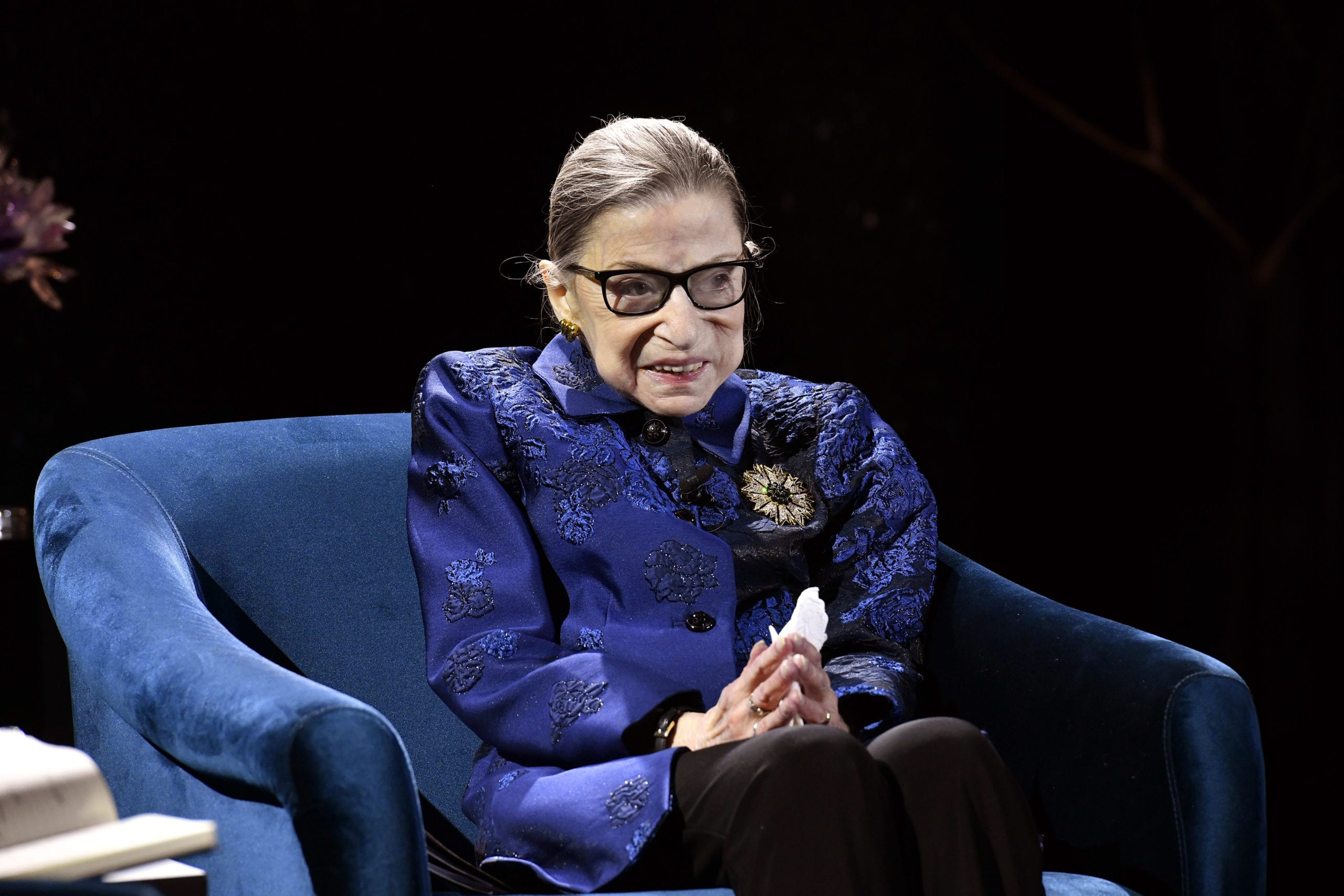[ad_1]
A Surgutneftegas worker near pumpjacks in Surgut Region of the Khanty-Mansi Autonomous Area – Yugra, in the West Siberian petroleum basin.
Alexei Andronov | TASS via Getty Images
Oil prices are likely to remain low until global economic conditions start to stabilize again, one of the richest businessmen in the U.K. said Tuesday.
U.S. crude fell 13%, or $1.67, to trade at $11.11 per barrel, following a near 25% decline a day earlier. The international benchmark, Brent, traded down 4.4% at $19.11 per barrel.
Each contract is coming off its eighth week of losses in nine weeks.
“I don’t think oil prices are going to change from where they are because the consumption is not there, and the warehousing is not there,” Gopichand Hinduja, co-chairman of the conglomerate Hinduja Group, told CNBC’s “Street Signs” in a wide-ranging interview.
The Hinduja Group operates in various industries including automotive, oil and specialty chemicals as well as banking and finance. Hinduja and his brother, Srichand, are among the wealthiest businessmen in the U.K.
Hinduja said while the decline in oil prices started when Saudi Arabia and Russia initially failed to reach an agreement on a production cut, the coronavirus pandemic “made it worse because of no demand.”
“Keeping all this in mind, no sooner that things get settled down, I think the oil prices will go back in the range of $40 to $50,” Hinduja said.
The outbreak, which has so far infected more than 3 million people in just a few months and killed over 200,000, has brought global economic activities to a near-complete halt. Countries have initiated various social distancing measures and lockdowns to slow down the spread of the virus.
As much as a third of global demand for oil has been erased as a result, sending prices tumbling to record lows. While producers have announced production cuts, some believe it may not be fast enough to combat the unprecedented fall-off in demand.
Brexit
Hinduja, a British citizen, said he expected an extension to the U.K. completing its departure from the European Union.
The United Kingdom officially left the bloc on Jan. 31 but is currently in a transitional phase until December. During the transition, the U.K. is expected to work and establish trade arrangements with the 27-nation EU. But, the coronavirus crisis is threatening to derail official trade talks.
“In my view, there will be an extension for Brexit because (Prime Minister Boris Johnson) has to look at the economy also,” Hinduja said. He explained that Brexit uncertainties since 2016, when the referendum happened, kept the U.K. economy down.
“Even if they come to any understanding on Brexit, I don’t think it is going to happen in the deadline,” he added. “My instincts are that it is going to be extended and the economy will start improving.”
Spain, Italy, France, and Germany make up four of the five worst-affected countries, behind the United States, in the coronavirus pandemic. They’re followed by the U.K., which has more than 158,000 reported cases and over 21,000 deaths from the disease, Covid-19. In fact, Johnson himself recently recovered from the infection.
— CNBC’s Pippa Stevens contributed to this report.

















